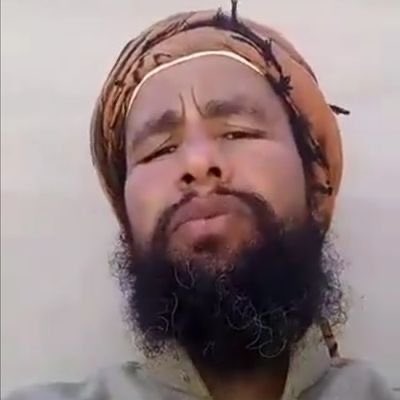
On 10 August 2020, several United Nations special rapporteurs sent a letter to the Kingdom of Saudi Arabia about the case of the arbitrary killing of a citizen, Abdul Rahim al-Huwaiti.
The letter was signed by the Special Rapporteur on extrajudicial, summary, or arbitrary executions, the Special Rapporteur on the promotion and protection of the right to freedom of opinion and expression, and the Special Rapporteur on adequate housing as a component of the right to an adequate standard of living and the right to non-discrimination in this context.
The letter indicated that al-Huwaiti, a 43-year-old Saudi national, was killed on 13 April 2020, amid evictions in the village of al-Khuraybah, as part of the NEOM project.
The rapporteurs noted that, in April 2017, the Saudi Public Investment Fund acquired title to land near the Red Sea, including the lands of al-Khuraybah village. On 1 January 2020, Tabuk Emirate informed the inhabitants of al-Khuraybah that they would be subject to compulsory eviction, as the land was being seized for the NEOM project, which aims to build a new city in Tabuk, with the first phase to be completed in 2025.
In March 2020, members of the Saudi Special Forces, sometimes in groups of more than 40 vehicles at one time, began raiding the homes of al-Khuraybah residents who opposed the eviction. Al-Huwaiti had been vocal and active in raising concerns over the evictions and was publicly documenting them.
On 12 April 2020, according to the rapporteurs, al-Huwaiti refused to allow the land registry committee to enter his home, stressing that he would not leave, and he took pictures of the police when they arrived to survey his land and home without his consent. After the authorities arrived at his house, al-Huwaiti denounced the events on social media, criticizing the enforced eviction of his tribe and calling it state terrorism. He stated that the authorities would kill him and then plant weapons in his house to discredit him and make him look like a terrorist.
On 13 April 2020, Saudi Special Forces opened fire on al-Huwaiti’s house, killing him. The authorities held his body for a week after his death, on the grounds that his death had occurred under “criminal circumstances” that needed to be investigated. They eventually released the body to his family for burial in the village of al-Khuraybah. Reportedly, Saudi authorities made no investigation into the conduct of the special forces.
In their letter, the special rapporteurs expressed their grave concerns over the death of al-Huwaiti, saying that the details noted are in violation of the Universal Declaration on Human Rights, as the killing is linked to al-Huwaiti’s legitimate practice of his right to freedom of opinion and expression. Likewise, the killing violates the Arab Charter of Human Rights, to which Saudi Arabia is a party, which stipulates the right of every individual to life, freedom, and security.
The special rapporteurs affirmed that the right to life is a fundamental right in all circumstances and the use of force by officials in enforcing the law must comply with international obligations.
The letter highlighted the importance of opening an investigation into the crime and that responsibility should extend to include officers with command control. In addition, the state bears the obligation to provide appropriate remedies to those whose rights were violated.
The rapporteurs asked the Saudi government to provide detailed information on whether any investigation has been opened into the case, as well as details on whether there was legal land acquisition and if the residents were consulted about the compulsory eviction or if there was any assessment of the social or human rights impacts of the plan.
The Saudi government responded to the letter, but it is still being translated.
ESOHR stresses that the concerns raised by the special rapporteurs are valid, especially the Saudi government’s use of force against citizens to forcibly evict them from their homes on more than one occasion. The government has violated international laws on eviction, as well as laws on the conditions for the use of force in applying the law.
Even though Abdul Rahim al-Huwaiti expressed his fears that he would be killed for stating his opinion and discussing his rejection of the eviction, no serious investigation has been opened to determine responsibility for this arbitrary killing. Moreover, according to activists following the case, the Saudi government is detaining at least 26 citizens, including a woman close to al-Huwaiti, against the backdrop of the forced displacement operation. This demonstrates the government’s determination to continue its violations.
